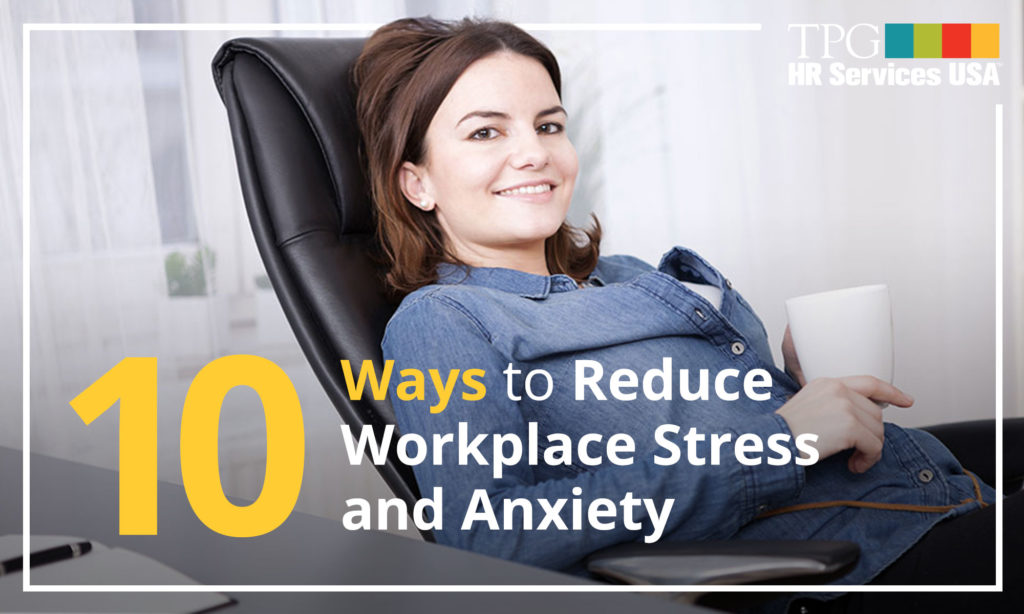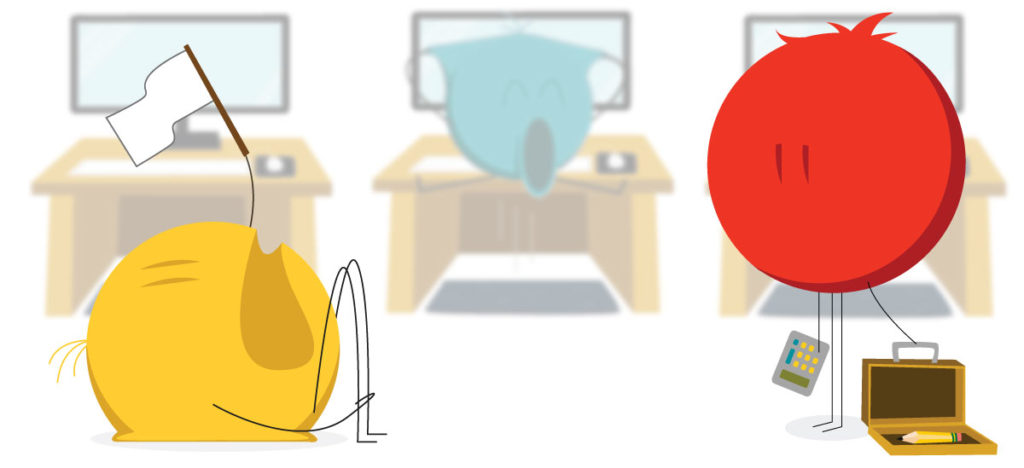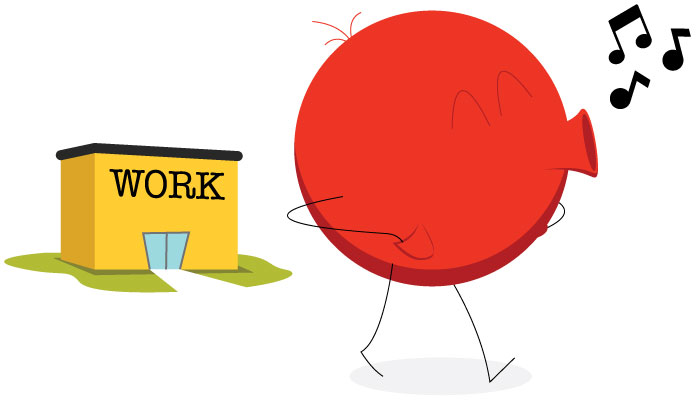
10 Ways to Reduce Workplace Stress and Anxiety

Ms. Pomerantz is the CEO of TPG HR Services USA and has over 35 years of Human Resources practices experience. She holds a Master’s in Human Resource Management (MHRM) and is a certified Senior Professional in Human Resources (SPHR) and SHRM Senior Certified Professional (SHRM-SCP). Mary also serves as CEO of Mary Pomerantz Advertising, one of the largest recruitment advertising agencies in the country. Earlier in her career, she was president of the 17th largest staffing firm in the country.

It likely comes as no surprise that American workers are stressed out and plagued by anxiety. Long hours, increasing costs of living, the pressures of consumerism, and the constant overlapping of work and life are just a few of the culprits. But while stress and anxiety at work are unavoidable facts of adulthood, the ways in which you deal with them can make an enormous difference in your quality of life. It’s crucial for employers and HR departments to help reduce workplace anxiety and stress.
How Anxious and Stressed Out Are Americans at Work?
A little stress and anxiety at work are to be expected. It becomes a problem when it interferes with work performance or bleeds into an employee’s personal life. It’s one thing to be worried about an approaching deadline, it’s another to be unable to stop thinking about it long after the workday has ended. America is the most anxious nation in the world. The World Health Organization estimates that 31 percent of people in the country will deal with symptoms of an anxiety disorder at some point during their lifetime.[1]
Though statistics about feelings of workplace anxiety are inherently flawed because they rely on self-reporting, numbers provided by an Anxiety and Depression Association of America survey offer a snapshot:[2]

- 56 percent of employees said stress and anxiety affect their performance
- 51 percent said stress and anxiety negatively impact their relationship with coworkers
- 50 percent said it affected the quality of their work
- 70 percent said workplace stress negatively impacted their personal relationships
Unfortunately, your workers are not likely to be forthcoming about the stress or anxiety they are feeling at work. Many employees fear the repercussions of not being able to handle the work assigned and carry their own weight. No one wants to be labeled as weak or potentially endanger any chance at a promotion or raise. So instead of being honest about the pressure they feel, many may turn to drugs, alcohol, binge eating, or any number of other unhealthy practices to reduce stress and anxiety.
Needless to say, these unhealthy coping mechanisms are unlikely to translate into improved work performance. If anything, these types of strategies will make matters worse. In the worst-case scenario, workplace anxiety can sometimes lead to internal employee conflicts. To help your employees reduce workplace anxiety and stress, we’ve listed 10 potential remedies.
10 Ways to Reduce Workplace Stress and Anxiety
1. Exercise Regularly: It’s fairly well known that exercise greatly improves symptoms of anxiety and all mental health disorders. Exercise releases endorphins, which naturally improve a person’s mood.[3]
2. Get More Sleep: Stress can make it difficult for a person to sleep, and a lack of sleep can leave a person more vulnerable to stress. Breaking this cycle is essential for your employees’ well-being. Reducing coffee intake during the afternoon could be helpful in accomplishing this, as well as getting regular exercise.
3. Eat Healthier: Research has shown that a person’s diet will affect his or her mental state. Processed foods and sugary snacks are linked to depression, anxiety, and the development of many other mental illnesses.[4]


4. Leave Work at Work: Before the age of 24/7 connectivity, going home usually meant going home – not going home to keep working. Because of the Internet, the home can become an extension of work. While it may be necessary at times to work from home in order to hit deadlines, it robs workers of the mental break they need.
5. Set Realistic Goals: Your employees have limits to what they can accomplish in a standard workday or workweek. Many will overwork themselves in an effort to reach unrealistic goals. Be aware of what your employees can realistically achieve within a given timeframe.

6. Make Work Fun: It may seem like the opposite of productivity, but breaking up the monotony of work with a staff luncheon or even some games/contests could ease the stress of the job. When work is fun, there’s less to stress about.

7. Take Mental Breaks: A couple of 10-15 minute breaks every day will help your employees reset their brains and recharge their bodies. Encourage your workers to take small breaks throughout the day.
8. Talk About It: Employees being able to openly discuss work difficulties they are having could be just what the doctor ordered. Instituting an open-door policy and encouraging your workers to be honest about the pressures they are feeling will help reduce anxiety, stress, and other feelings of mental distress.


9. Find Work/Life Balance: All work and no play isn’t healthy for anyone. But with the pressures of trying to succeed in our consumer-oriented society, it can be easy for a person to neglect their personal lives in favor of getting ahead at work. It’s important for employees to find a healthy balance between work and home.
10. Meditation: While workers probably can’t meditate on the job, just a few minutes of meditation every day has been shown to reduce stress and anxiety.[5]

The quality of work your employees produce is a direct reflection of your business. Missed deadlines, errors, and overall reductions in performance are not likely to endear you to your clients. This is why it is critical for employers and HR managers to be aware of the mental state of their employees and suggest/implement strategies to help reduce workplace stress and anxiety.
At TPG HR Services USA, we are experts in employee relations and communications. We’ve helped dozens of companies keep their fingers on the pulse of their employees and have created mutually-beneficial strategies to maximize productivity and minimize distress. We would be happy to help you do the same. Call us today at 732-917-6000 to learn more.
Sources:
- https://www.ncbi.nlm.nih.gov/pmc/articles/PMC3039289/
- https://adaa.org/workplace-stress-anxiety-disorders-survey
- https://www.ncbi.nlm.nih.gov/pmc/articles/PMC1470658/
- https://www.health.harvard.edu/blog/nutritional-psychiatry-your-brain-on-food-201511168626
- https://jamanetwork.com/journals/jamainternalmedicine/fullarticle/1809754
